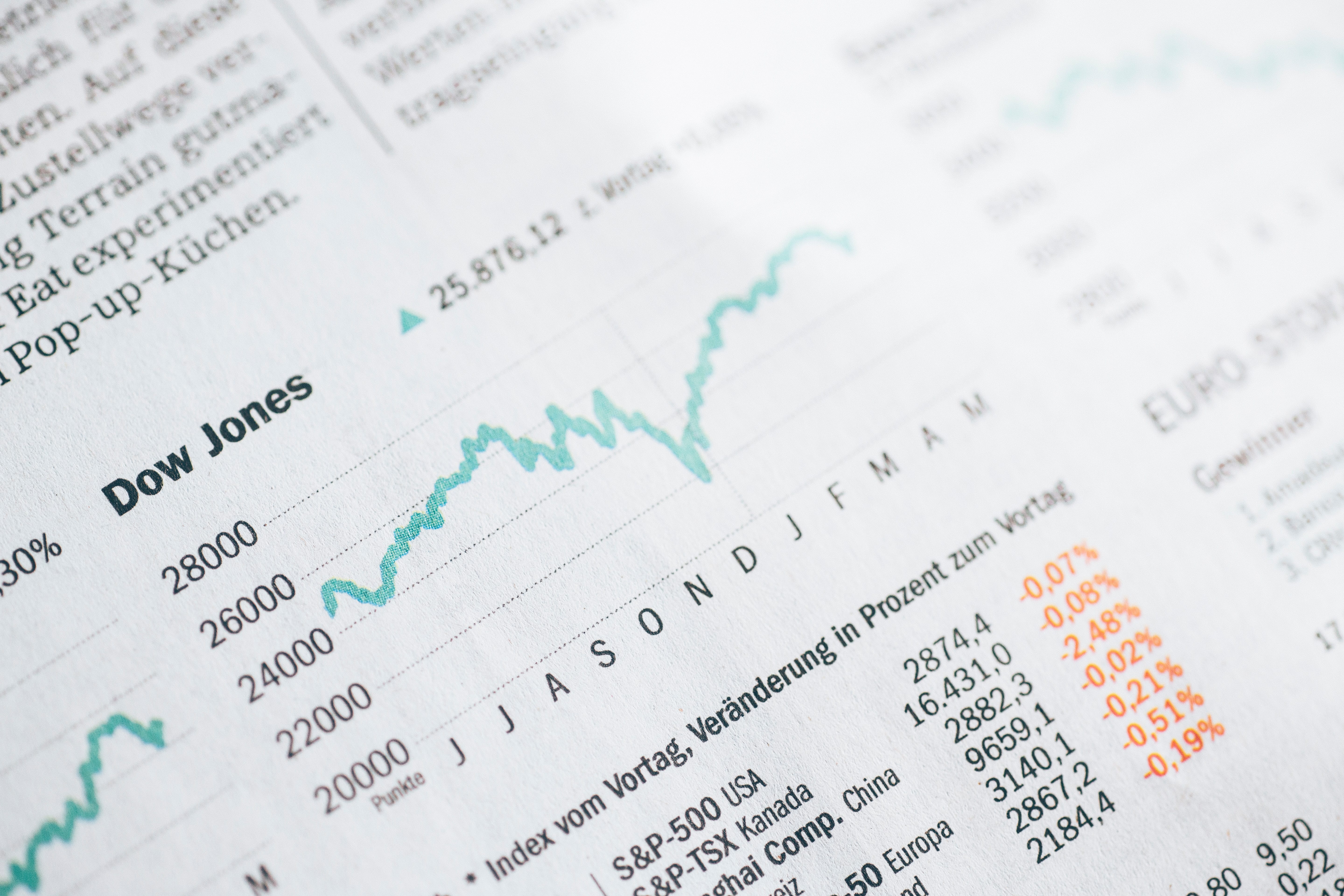When developing an investment portfolio, diversification is the key to optimize risks and returns.
Building a diverse investment portfolio is the best way to ensure your hard-earned money does not lose its value due to inflation. This way you can also secure a safer future for yourself and your family. The more diverse your portfolio is, the more stable it becomes, since altogether it will be less susceptible to any fluctuations of the economy. As a result, including international elements in your investment portfolio will make it even safer.
Diversification
Investing internationally lends your funds alternative sources of stability. If your money is spread out among various fields, and even various countries, an economic crash in one will affect less than the entirety of your investments.
Making international investments will entail currency diversification too, since countries around the world use different currencies. This might give extra potential for enhancing returns on your investments thanks to changing exchange rates. However, you should keep in mind that currency rates of any specific country may drop overnight, especially if they are not tied to any other widely accepted currency, which would take an adverse effect.
With any investment, you should learn more about your options and about the fields of interest before actually making the investment. In our globalized world, you can do much of your learning on your own, and you can even read current reports of the IMF. Of course, you can always ask for the help of an experienced financial advisor.
More options, more return potential
When investing internationally, the abundance of options is not present only in the actual vast number of options. You can also choose one (or more) of the available “investment packages”, e.g. mutual funds, where various assets are bundled together for optimizing the balance between risks and returns. Similar to these are Exchange Traded Funds and American Depository Receipts, but they work more like stocks, meaning they require a bit more understanding and attention on your part.
In the end, it all goes down to how much time you are willing to spend on optimizing your returns, and how much risk you are willing to take. This is why you should get familiar with the regions of your interest. For example, many countries in Africa have a very stable economy that offers great development potential, while currently Asia and the Pacific are the largest destination as well as source of Foreign Direct Investment in the world.
Investment residency
Many countries offer simplified residency, or in some cases even citizenship to major investors. The benefits of such a second residency (or citizenship) include visa-free travel to various countries, which might come in handy if you travel much. European countries may be of particular interest from this perspective, since most of them are members of the Schengen zone – even those that are not members of the European Union. Investing in a European company formation in Hungary, for instance, is especially convenient, since company registration takes only a few days, after which you can get residency within a few months – for yourself and for the whole family.

Asset protection and confidentiality
If you are worried about lawsuits and foreclosures, foreign financial institutions may offer better protection to your money than domestic ones. They are also not legally required to divulge any data about your finances to anyone, so they also offer more strict confidentiality. Of course, these institutions are not exempt from international law, but they have more freedoms.
Tax reductions
Many countries offer tax incentives to attract outside wealth. Tax incentives are meant to strengthen the economies of these countries by financing development, while also providing profitable investment opportunities to foreign investors. Some of these countries are also known as “tax havens”, especially when compared to other countries, like the U.S., where taxes are comparably higher.
When developing an investment portfolio, diversification is the key to optimize risks and returns. You should consider various fields, countries, and currencies. Bundled investment like that available in mutual funds are better optimized on their own, while ETDs or ADRs might require more initiative. Added benefits including investment residency, asset protection, confidentiality, and tax reductions should also be considered.


Join the conversation!